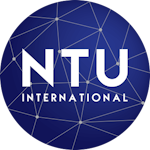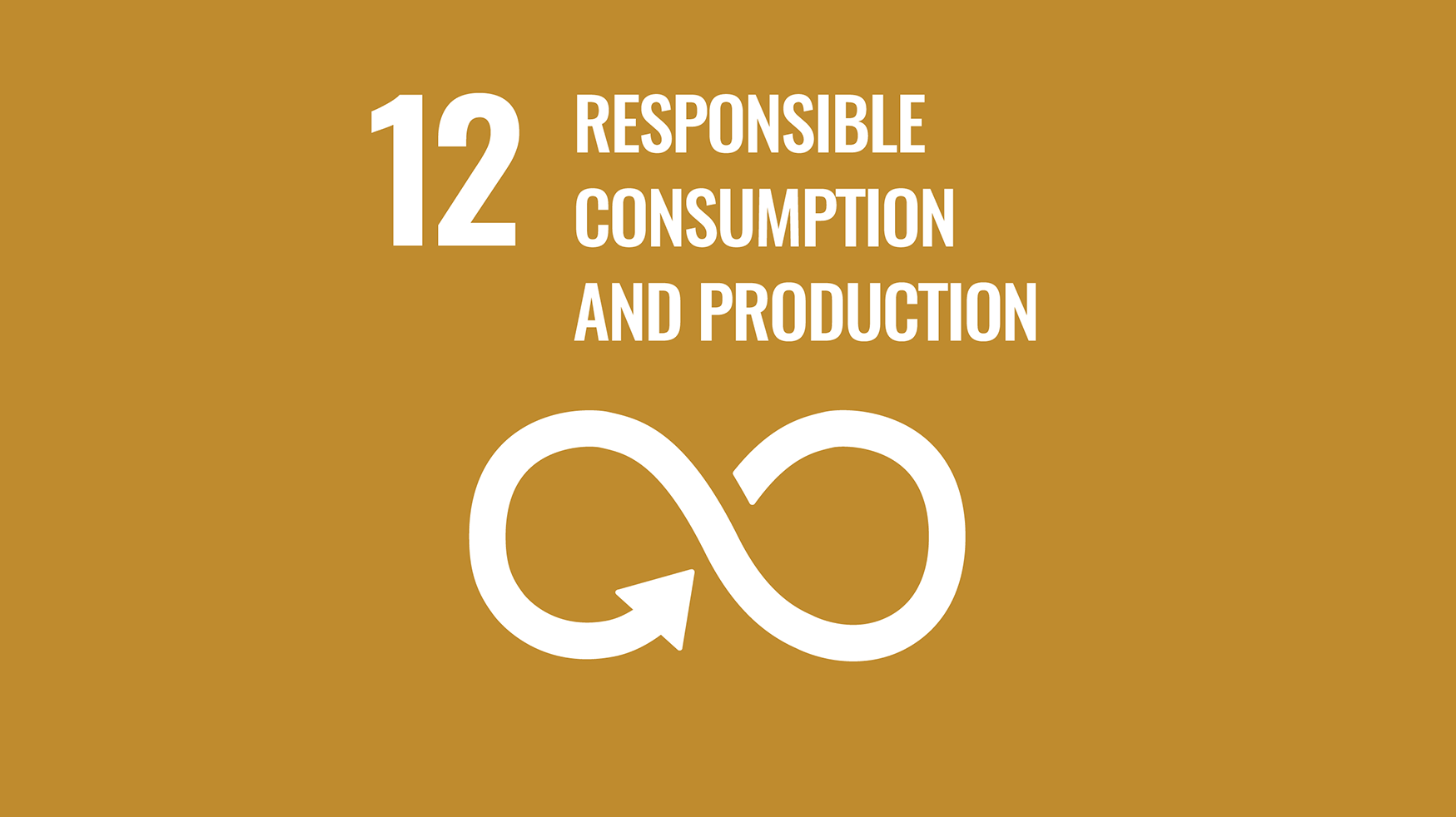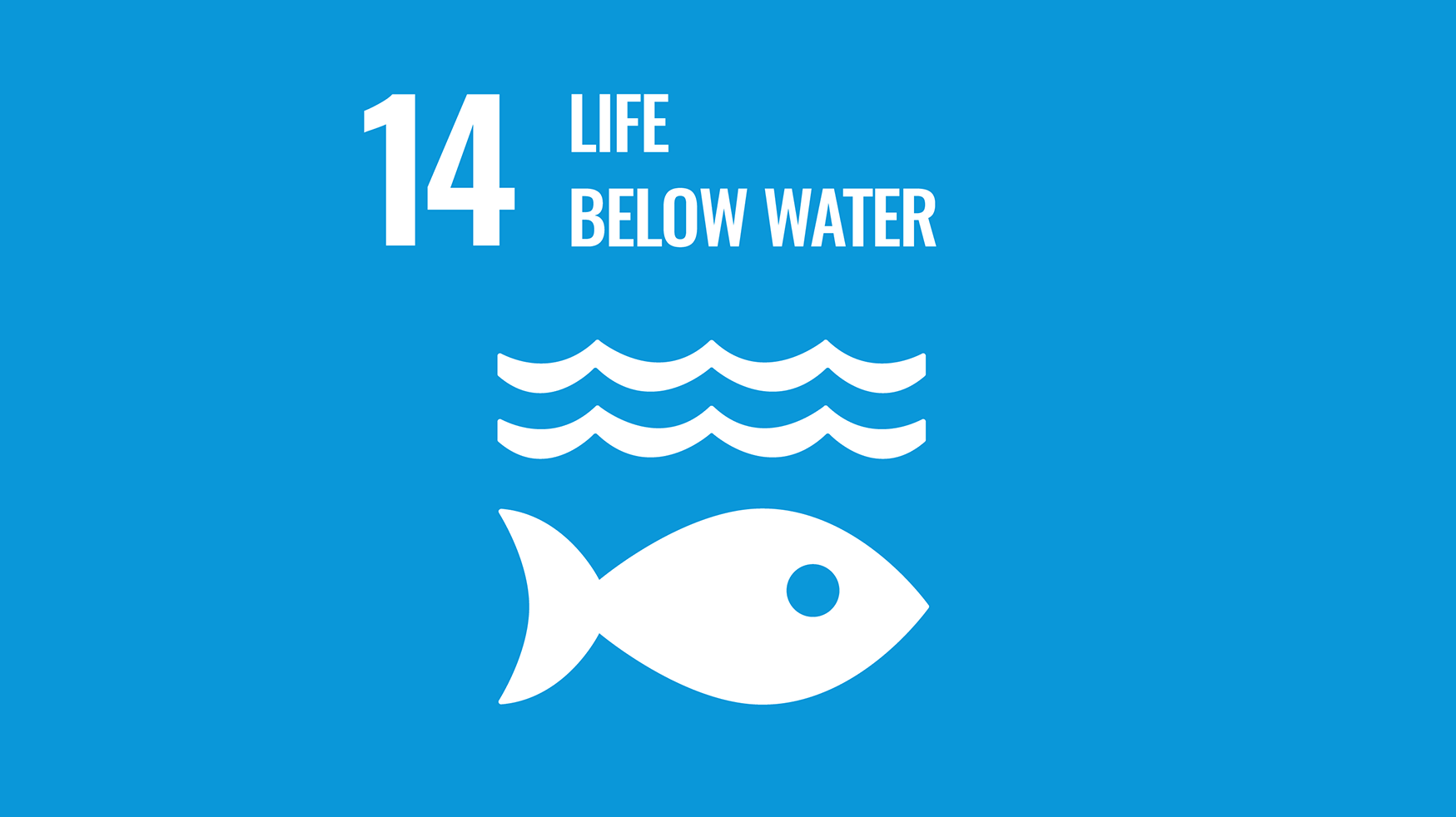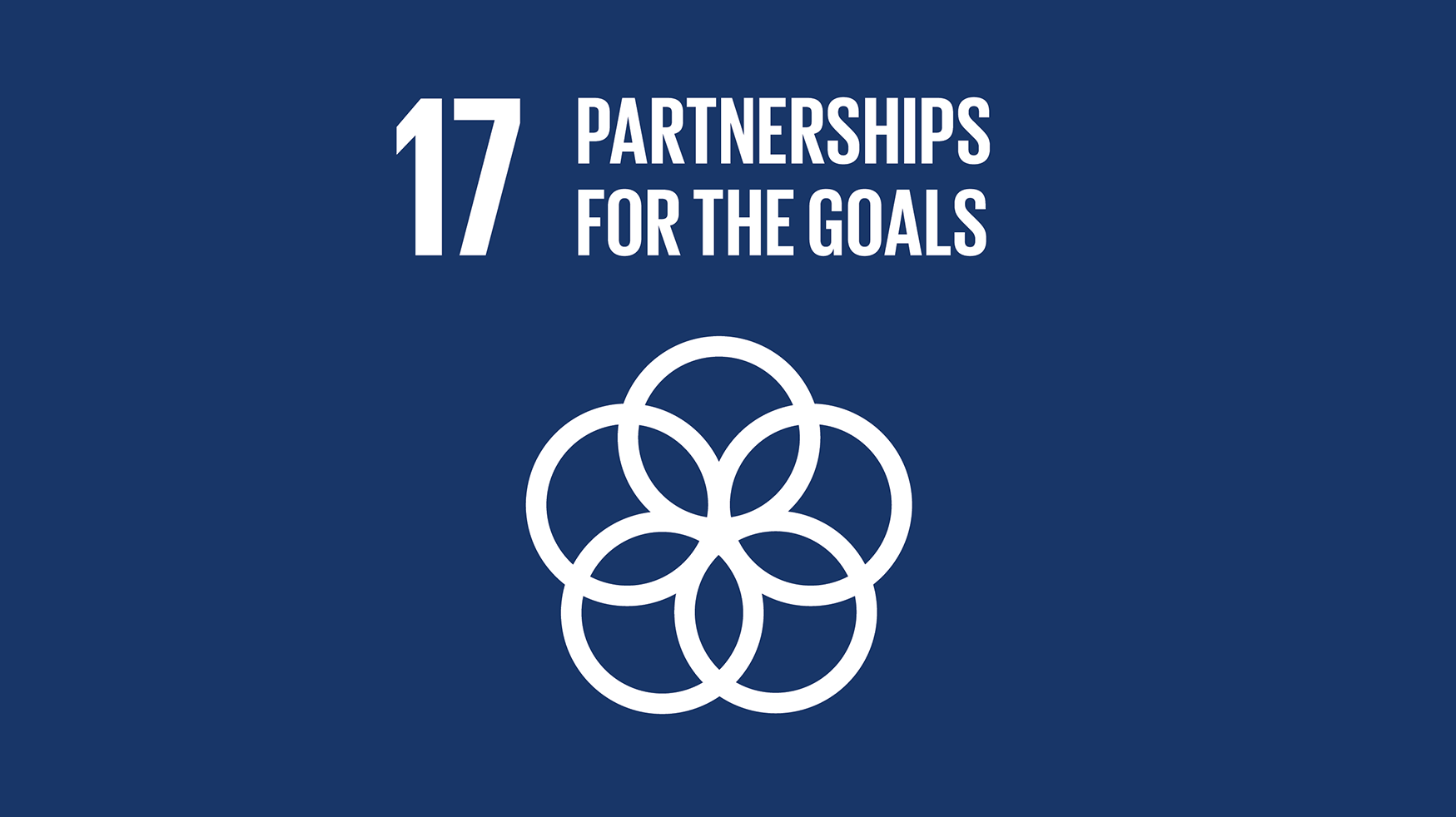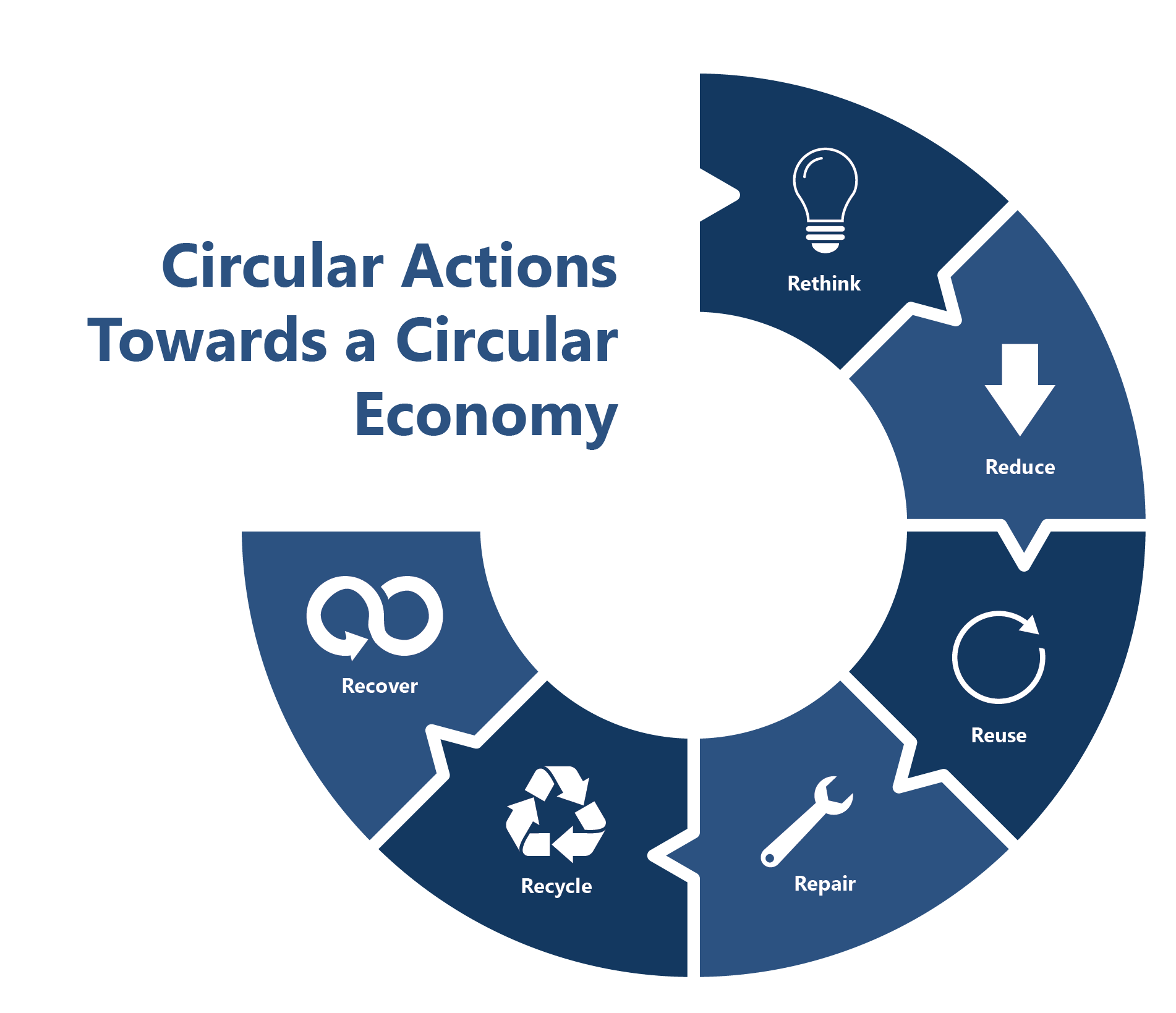
The Climate-KIC projects are part of Europe’s leading climate innovation initiative, funded through mechanisms such as Horizon Europe and supported by the European Union. These projects aim to accelerate the transition to a sustainable, low-carbon economy by fostering innovation and collaboration among diverse stakeholders. Operating under the mission of addressing pressing environmental challenges, Climate-KIC focuses on implementing circular economy principles and sustainable practices across multiple sectors.
Within this initiative, NTU has played a key role in advancing innovative approaches to sustainability and circularity. Highlights include:
- the Co-designing Deep Demonstrator project in which NTU helped reduce the environmental footprint of port ecosystems by creating circular strategies and three-year action plans;
- the ZenRobotics Recycler (ZRR) for Municipal Waste project which deployed advanced robotics to optimize waste sorting, improving efficiency and recovery rates.
- the award-winning LOOP Ports project and Total Recycling Decommissioning (TRD) Pathfinder and Accelerator which further explored circular economy principles through stakeholder engagement, feasibility studies, and business model development.

Together, these projects exemplify NTU’s leadership in driving systemic change toward sustainability.
Implementation
NTU applied a holistic, stakeholder-driven approach to implement Climate-KIC projects.
For the Deep Demonstrator, NTU engaged ports and stakeholders through collaborative learning sessions to identify challenges, opportunities, and innovative solutions for circular port ecosystems. In the ZRR project, NTU contributed by conducting socioeconomic and environmental impact assessments, and aligning robotic solutions with sustainability goals. Within LOOP Ports, NTU conducted in-depth case studies, facilitated workshops, and supported dissemination and training efforts to integrate circular economy principles into port strategies. For the TRD Pathfinder and Accelerator, NTU combined ideation, feasibility studies, stakeholder mapping, and legal assessments to develop scalable business models.
By leveraging its expertise in circularity and innovation, NTU ensures these projects deliver impactful, actionable results.
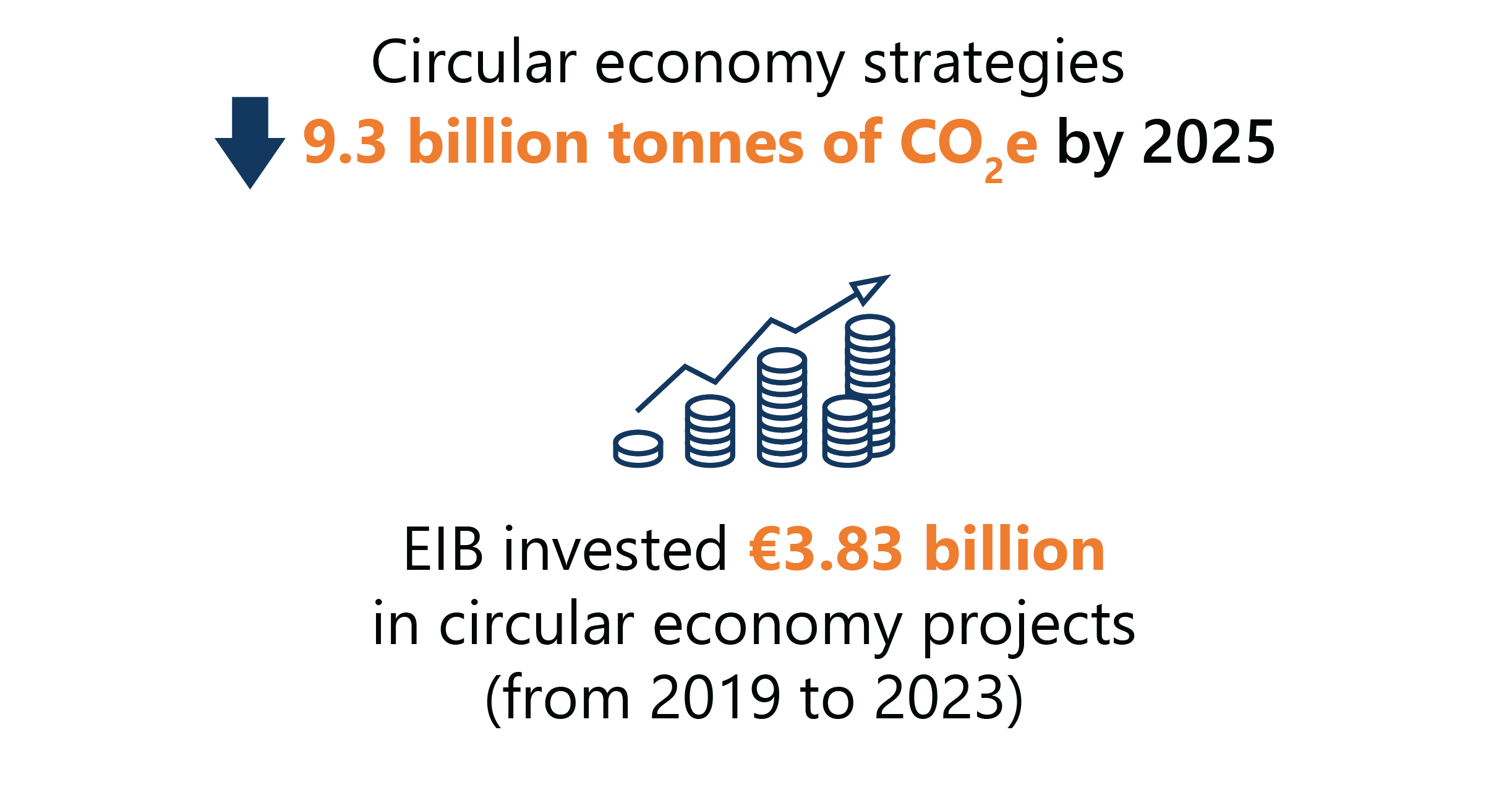
Impact
The Climate-KIC projects demonstrate the power of innovation and collaboration in addressing critical environmental challenges. Impacts of these projects include:
- Advancing Circularity: Developing strategies that promote a circular economy across industries.
- Boosting Environmental Sustainability: Supporting initiatives that minimize environmental footprints.
- Strengthening Stakeholder Collaboration: Building networks and fostering partnerships among industry players, academia, and policymakers for shared sustainability goals.
- Economic and Social Gains: Enhancing operational efficiencies, creating innovative business models, and aligning local practices with broader EU circular economy targets.
SDGs:
